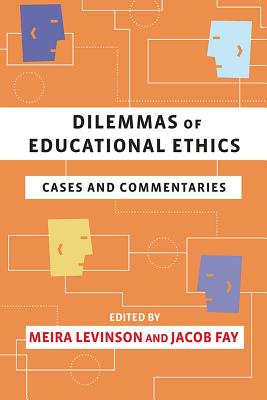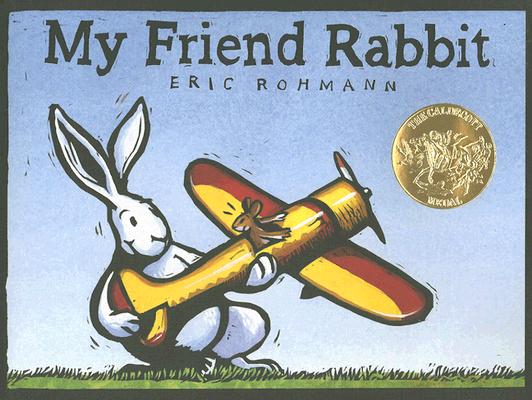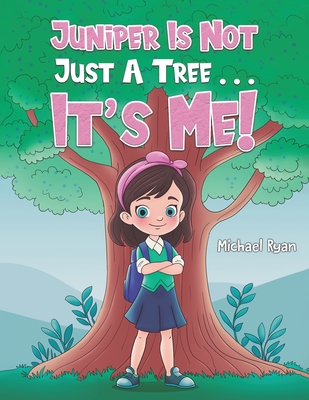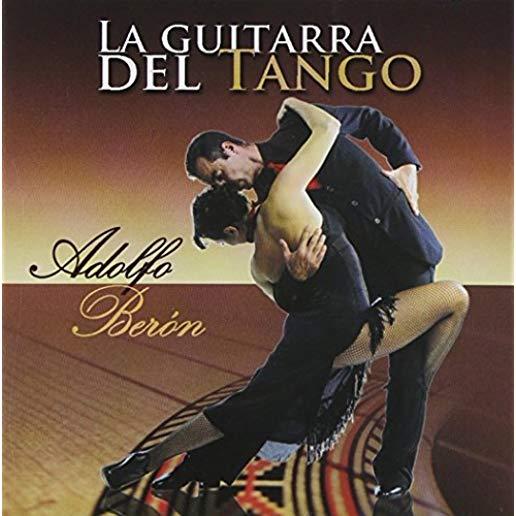
description
ont challenging questions of ethics, justice, and equity on a regular basis. Should teachers retain a struggling student if it means she will most certainly drop out? Should an assignment plan favor middle-class families if it means strengthening the school system for all? These everyday dilemmas are both utterly ordinary and immensely challenging, yet there are few opportunities and resources to help educators think through the ethical issues at stake. Drawing on research and methods developed in the Justice in Schools project at the Harvard Graduate School of Education, Dilemmas of Educational Ethics introduces a new interdisciplinary approach to achieving practical wisdom in education, one that honors the complexities inherent in educational decision making and encourages open discussion of the values and principles we should collectively be trying to realize in educational policy and practice. At the heart of the book are six richly described, realistic accounts of ethical dilemmas that have arisen in education in recent years, paired with responses written by noted philosophers, empirical researchers, policy makers, and practitioners, including Pedro Noguera, Howard Gardner, Mary Pattillo, Andres A. Alonso, Jamie Ahlberg, Toby N. Romer, and Michael J. Petrilli. The editors illustrate how readers can use and adapt these cases and commentaries in schools and other settings in order to reach a difficult decision, deepen their own understanding, or to build teams around shared values.
member goods
No member items were found under this heading.
Return Policy
All sales are final
Shipping
No special shipping considerations available.
Shipping fees determined at checkout.







